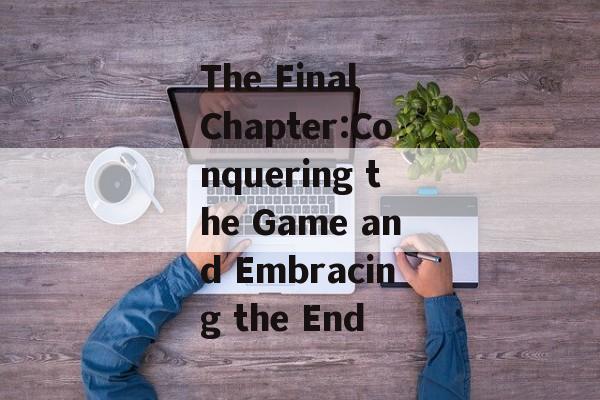The Final Chapter:Conquering the Game and Embracing the End
In the vast digital realm of virtual worlds and interactive adventures, the concept of "game over" is a universal constant. Whether it's a simple mobile game or an intricate role-playing masterpiece, the end of a game is an inevitable milestone that players must face. This article explores the significance of "game over" in the gaming experience, the emotions it evokes, and the lessons we can learn from embracing the end of a game.
The Significance of "Game Over"
The phrase "game over" is more than just a notification on the screen; it signifies the conclusion of a player's journey within the game's world. It marks the end of a temporary escape, a momentary suspension of reality, and the return to the mundane. For many, the end of a game is a poignant reminder of the finite nature of virtual experiences, contrasting sharply with the infinite possibilities of the real world.
For developers, "game over" is a critical moment that can either leave a lasting impression or a fleeting one. A well-crafted ending can cement a game's legacy, while a lackluster conclusion can tarnish the entire experience. The significance of "game over" lies in its potential to provide closure, satisfaction, or even a sense of disappointment, depending on how it is executed.
Emotions Evoked by "Game Over"
The end of a game can elicit a wide range of emotions, from relief to sadness, and everything in between. Here are some of the common feelings associated with "game over":

-
Relief: After hours of intense gameplay, players often feel a sense of relief upon completing a game. The end of a challenging quest or the defeat of a formidable boss can be a great weight off one's shoulders.
-
Sadness: The conclusion of a beloved game can be bittersweet. Players may feel a sense of loss, especially if the game has a compelling story or memorable characters.
-
Satisfaction: A well-executed ending that ties up loose ends and provides a satisfying conclusion can leave players feeling accomplished and fulfilled.
-
Disappointment: In some cases, the end of a game may fall flat, leaving players feeling disappointed with the lack of closure or the unfulfilled potential of the story.
-
Curiosity: The end of a game can also spark curiosity about what might have been. Players may wonder about alternate endings or what happens to the characters after the game's events conclude.
Lessons from the End of a Game
Despite the emotional rollercoaster that "game over" can bring, there are valuable lessons to be learned from the end of a game:
-
Acceptance of Change: The end of a game teaches us to accept change and transition. Just as the game world evolves, so does our own lives, and we must learn to adapt to new situations and experiences.
-
Patience: Sometimes, the end of a game is delayed due to technical issues or the need for a proper conclusion. This teaches us the importance of patience and the value of perseverance.
-
Appreciation: The end of a game is a reminder to appreciate the time and effort we invest in our hobbies. It encourages us to savor the moments of enjoyment and not take them for granted.
-
Reflection: The conclusion of a game can prompt reflection on our gaming habits and preferences. It allows us to evaluate what we enjoyed most about the game and what we might want to change in our future gaming experiences.
-
Gratitude: Finally, the end of a game is an opportunity to express gratitude to the developers, designers, and other players who contributed to our gaming experience. It's a chance to acknowledge the shared joy and camaraderie that games can bring.
In Conclusion
The phrase "game over" is more than just a notification; it is a punctuation mark on a player's journey through a virtual world. It evokes a range of emotions and offers valuable lessons about change, patience, appreciation, reflection, and gratitude. As we embrace the end of a game, we also embrace the end of a chapter in our lives, ready to turn the page and begin the next adventure. Whether it's the final chapter of a game or the final chapter of our own story, the end is always a chance to celebrate what has come before and look forward to what lies ahead.
相关文章

最新留言